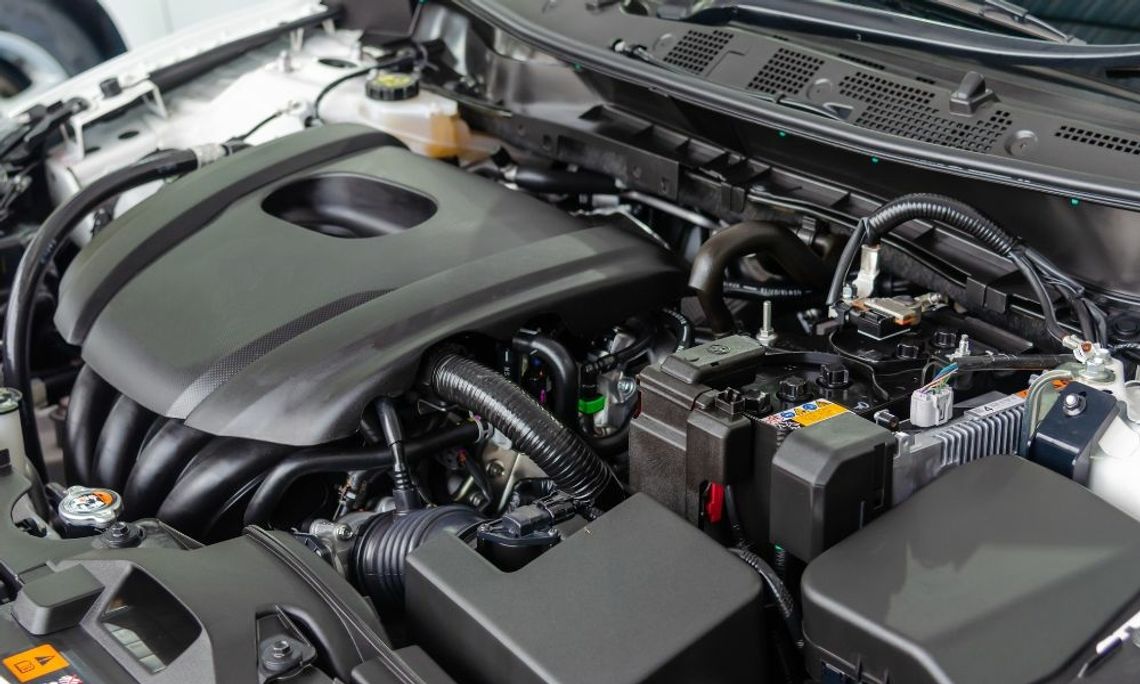Over a car’s lifespan, it can emanate many strange noises that are warning signs of deeper mechanical problems. Below, we list some sounds you should never ignore if you hear them from your car.
Screeching From Under the Hood
Do you ever notice a screeching sound coming from underneath your hood? If so, that’s bad news. You should get it checked by a professional immediately and avoid driving the vehicle for too long.
Typically, a screeching sound occurs from a worn or loose belt in the engine compartment. The serpentine belt, in particular, is often the culprit. But whether it’s the serpentine belt or something else, worn belts can cause severe problems in your car’s power steering, water pump, and even battery. Needless to say, if you catch a screeching noise emanating from under the hood, get it fixed sooner rather than later.
Noise From the Tires
We all know that tires make noise while driving, but have you noticed that your tires seem louder than they used to be? If so, that could signal your tires getting worn out or other significant wheel problems.
There are many reasons why your tires may be loud, including loose wheel bearings or wheel misalignment—dangerous issues that jeopardize your car’s safety. It could be nothing, but there’s no reason to take a risk, so get your tires and wheels checked promptly.
Knocking in the Engine
Sometimes, drivers will complain about a sound emanating from their car, similar to a coin trapped in a clothes dryer. Typically, people call such sounds fuel knocks. They may sound like metallic pings or pops, but fuel knocks occur when fuel burns unevenly in the engine’s cylinders.
The asynchronous fuel burning causes pockets of fuel to get burned instead of all of it simultaneously. These knocks or pops then result. There can be a few different causes for fuel knocks, including:
- Faulty spark plugs
- Low-octane fuel
- Carbon deposits
- Bad knock sensors
- Worn bearings
With these potential issues, you don’t want to drive in a knocking car for too long, so take it to an auto shop quickly.
Squealing From the Brakes
Does your car make a squealing or screeching sound every time you bring it to a stop? Unfortunately, this is one of the car’s most common sounds, but you should never ignore it. Brake pads or shoes near the end of their service life will often squeak, as there’s less of a buffer between the pad and wheel.
Obviously, you should replace faulty brake pads immediately so that you can safely drive and control your vehicle. If you hear an even more menacing noise from your brakes, such as a grind or growl, that could come from the brake directly contacting the wheel’s metal. This is even worse and needs immediate fixing before the car is drivable.


Comment
Comments